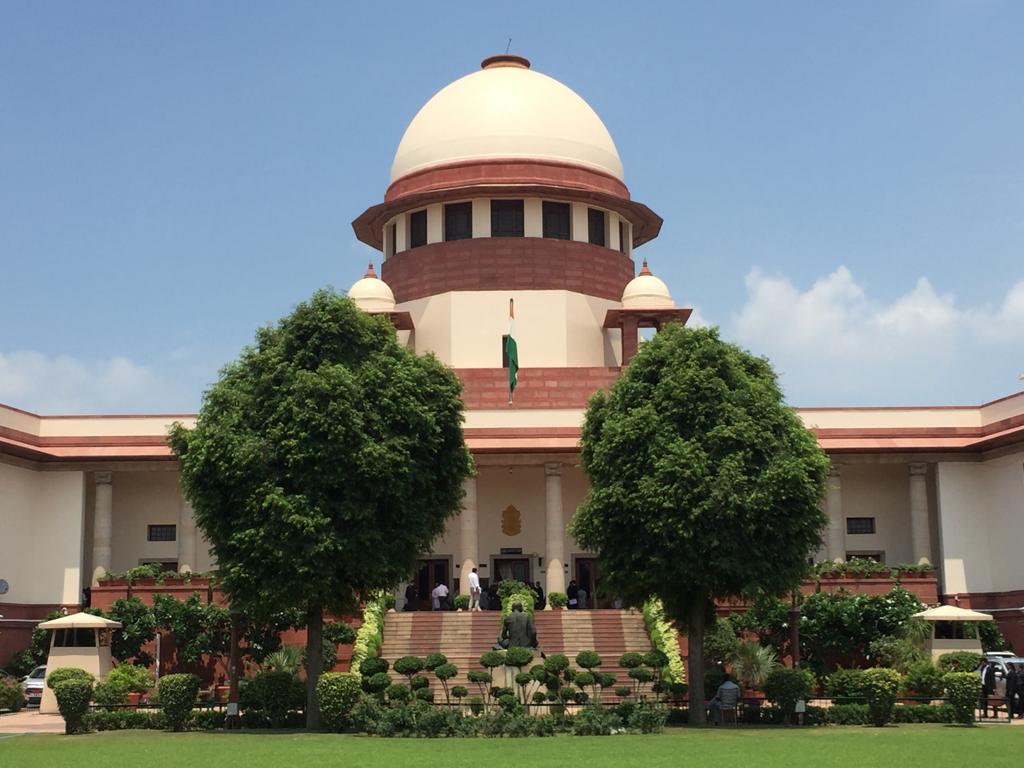Despite the Supreme Court's ruling and government advisories, Section 66A continued to be invoked for arrests including those of Ram Gopal Verma and Arnab Goswami. The Ministry of Home Affairs on Wednesday instructed states to stop letting police file cases under Section 66A of the Information Technology Act, 2000. The Supreme Court had taken a "very serious view" on the matter, the circular said. In March 2015, the Supreme Court struck down Section 66A, which vaguely outlawed "information that is grossly offensive or has menacing character". In its ruling, the Court struck down the provision for being "violative of Article 19(1)(a) and not saved under Article 19(2)." However, as seen from the timeline below, police and inferior courts have continued to rely on the law. The Supreme Court on July 5 had said that it found the situation shocking. It has been brought to our notice through an application in Hon'ble Supreme Court that FIRs are still being lodged by some police authorities under the struck down provision of Section 66A of IT, Act, 2000. Hon'ble Supreme Court has taken a very serious view in the matter. It is therefore, requested to direct all the police stations not to register cases under the repealed Section 66A of the information Technology Act,2000 and sensitise the law enforcement agencies for the compliance of the order issued by the Hon'ble Supreme Court on 24.03.2015. If any case has been booked in your State under section 66A of the IT Act, 2000, it should…































